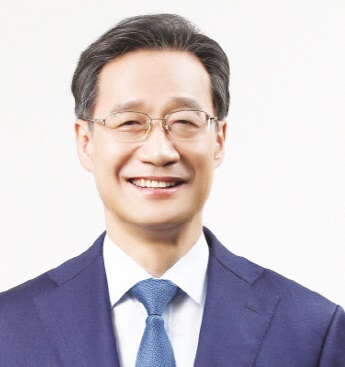[NGTV=박승득 기자] Rep. Ryu Dong-soo (Deputy Chairman of the Democratic Party’s Policy Committee, Incheon Gyeyanggap) made sure to accurately disclose the composition information of probability-type items, and banned the sale of so-called’complete gacha’ products that were banned in Japan due to excessive speculative induction, and intentionally inaccurate. A representative proposal was made to the 「Game Industry Promotion Act Partial Amendment Act」, which contains the provisions of penalties for disclosing consumers by disclosing information and granting investigation authority to the Minister of Culture, Sports and Tourism.
Many game companies are using’probability-type items (=random box, gacha, etc.)’ as their main business model (BM), which acquire some of the products designated in the form of’drawings’. However, there is no provision in the current law to disclose the detailed configuration information and the probability of appearance of this probability item, so consumers cannot accurately know the expected utility of the probability item they purchase.
 |
||
| ▲ Clinic Dongsoo Lee | ||
Game companies are releasing probabilistic items, including products that increase the convenience of game progress or give them an edge in competition among users to increase purchase desire. And most of the products that are’first prize’ that users actually want to pick appear with a rare probability. Naturally, consumers are forced to repeat purchases’until they choose,’ leaning against a low probability to obtain the desired product, or to judge the amount they have spent so far as sunk costs and give up.
Accordingly, consumers have criticized the excessive speculation of probability-type items and have demanded that accurate probability information be disclosed with a minimum’right to know’, and game companies have also disclosed probability information through self-regulation. However, even if game companies unilaterally disclose probability information as much as they want, they can receive a self-regulatory compliance mark, so that information that users truly want, such as’Cube’ of’Maple Story’, is excluded, or another probability in probability items Self-regulation has been made famous by such a method as to make’Complete Gacha’ with extreme speculativeness by putting in type items. In particular, self-regulation does not have any deterrence, as no sanctions exist even if the information disclosed by the game company is correct, and even if the information is confirmed to be incorrect.
In fact, in a series of famous games such as’Maple Story’ and’Mabinogi’, suspicion has been raised about whether the probability of item appearance has been manipulated in a’unfavorable direction for consumers’, and consumer confidence in game companies has collapsed. It’s a situation. When this issue became an issue, the position sent by the Game Industry Association contained an answer that it was difficult to disclose even game companies because they could not know the exact composition probability, and they also admitted that the current self-regulation was not implemented accurately. Yu’s analysis is that effective consumer protection is no longer possible with self-regulation alone.
Accordingly, in this amendment, Rep. Yoo stated in the law that the exact composition probability or expected value of the probability-type item was disclosed in the law ▲ Prohibited the sale of’Complete Gacha’-type products criticized for excessive speculation ▲ Game companies manipulated the probability for their own benefit or incorrectly When the probability is presented, it contains the content of giving a penalty within three times of the profits obtained. On the other hand, even if the probability announced by the game company in consideration of the characteristics of the game industry was different from the actual probability applied, it was not intended to deceive the user to obtain an unfair profit, but to prevent overregulation by including exceptions for cases caused by simple technical errors. .
Rep. Dong-soo Lee said, “As regulations on the speculative nature of probability-type items are beginning around the world, if we cannot fundamentally modify the BM of game companies that focus only on short-term profits because they are buried in probability items, the Korean game industry will become Galapagos. He pointed out that there is no choice but to be cut off in the global market. “As many game companies are pursuing to acquire plates for entry into China, which enforces stronger legal regulations than ours, it is unlikely that they will show a betrayal behavior that neglects consumer protection only in Korea. I believe it will be.”
 |
||
| ▲ News group NGTV = Reporter Park Seung-deuk | ||
< 저작권자 © 엔지티비 무단전재 및 재배포금지 / 기사제보 및 문의 [email protected] >
